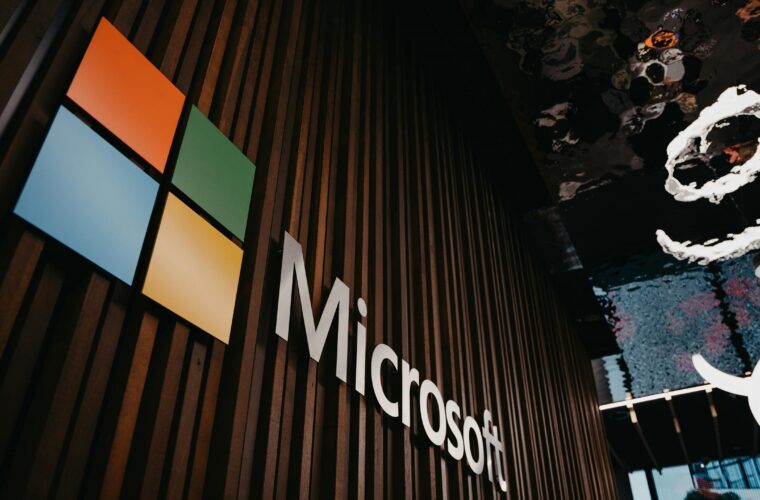Every year on July 20th, chess enthusiasts around the globe celebrate World Chess Day, a day dedicated to one of the oldest and most intellectual games in human history. The game of chess, with its deep strategic elements and rich history, has continually evolved and thrived through the centuries. Technology integration has dramatically transformed the chess landscape in recent decades, making it more accessible, competitive, and engaging than ever before.
The Origins of World Chess Day
World Chess Day commemorates the founding of the International Chess Federation (FIDE) on July 20th, 1924. FIDE, the governing body of international chess competitions, has been pivotal in standardizing the rules of chess and promoting it as a global sport. The United Nations recognized World Chess Day in 2019, acknowledging chess as a unifying game that promotes fairness, inclusion, and mutual respect.
The Digital Revolution in Chess
The advent of digital technology has revolutionized the way chess is played, studied, and appreciated. Here are some of the key technological advancements that have reshaped the game:
Chess Engines
Chess engines like Stockfish, AlphaZero, and Komodo have significantly impacted the study and analysis of chess. These powerful programs can evaluate millions of positions per second, offering insights and strategies that were previously unattainable. AlphaZero, developed by DeepMind, made headlines by teaching itself chess from scratch and quickly surpassing the performance of traditional chess engines and human grandmasters.
Online Platforms
Online platforms such as Chess.com, Lichess, and the Internet Chess Club have democratized access to chess. Players of all levels can now compete with opponents worldwide, participate in tournaments, and receive real-time feedback on their games. These platforms also offer many educational resources, from interactive lessons and puzzles to live-streamed games and commentary from top players.
Chess Databases and Software
Chess databases and software like ChessBase provide extensive archives of past games, allowing players to study the strategies and styles of grandmasters throughout history. These tools enable players to prepare for opponents by analyzing their previous games and identifying patterns and weaknesses.

AI and Machine Learning
Artificial Intelligence (AI) and machine learning have further pushed the boundaries of chess understanding. Programs like AlphaZero use neural networks to evaluate positions in a way that mimics human intuition, offering a fresh perspective on strategy and opening theory. This has led to discovering new ideas and approaches that continue to enrich the game.
Virtual and Augmented Reality
Emerging technologies like virtual reality (VR) and augmented reality (AR) are beginning to impact chess. VR platforms can create immersive environments for training and playing, while AR can enhance live chess events by providing spectators with real-time analysis and visualizations.
The Social Impact of Technology in Chess
The integration of technology in chess has enhanced the competitive aspect of the game and its social reach. Chess has become more inclusive, offering opportunities for people of all ages and backgrounds to learn and play. During the COVID-19 pandemic, online chess experienced a surge in popularity, with millions turning to the game for entertainment and mental stimulation.
Moreover, technology has facilitated educational initiatives, using chess to develop students’ critical thinking, problem-solving, and decision-making skills. Programs like Chess in Schools leverage digital platforms to bring chess to classrooms worldwide, helping to nurture the next generation of thinkers and innovators.
As we celebrate World Chess Day, it’s evident that technology has become an indispensable ally in the evolution of chess. Technology has enriched the game, from advanced chess engines and online platforms to AI and VR, making it more dynamic, accessible, and engaging. As we look to the future, the synergy between chess and technology promises to unlock new dimensions of this timeless game, continuing to inspire and challenge players worldwide.



